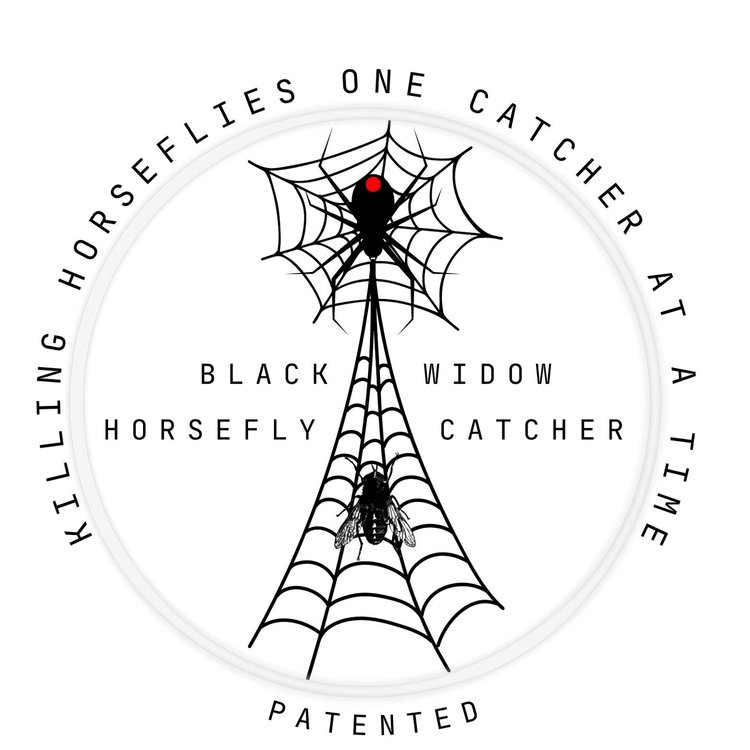Common Attractants
Horses
Cattle
Dogs
Humans
Goats
Sheep
Swine
Donkeys
Cats
ZOO Animals
Did you know the Biting Stable Fly has other names?
Barn fly
Biting House fly
Dog fly
Power Mower fly
Did you know the biting stable fly can pass parasites and infectious diseases?
Equine Infectious Anemia (EIA)By Debbie Clark MPH, William Jeter DVM
Did you know the Biting Stable Fly
can decrease milk production in milk animals?
Cattle that are heavily infested with stable flies have been noted to become anemic. Due to intensive fly feeding swine, cattle, and horses all show reduced weight gains. Milking cows have been observed to show lower milk production. Due to Biting stable flies livestock are weakened from continual irritation.
Biting stable flies cost the U.S. livestock industry billions.
Can the Biting Stable fly cause an animal to lose weight?
Yes, they can cause an animal to lose weight. They can cause extreme annoyance and fatigue in animals. Animals will stop eating to swat, roll and stomp the biting stable flies off of them.
Unfortunately animals having a suitable shelter does not always allow them to get away from the biting stable flies.
Cattle heavily infested with stable flies have been noted to become anemic. A secondary problem is that the animals crowd together to avoid the feeding flies and then heat stress becomes an issue.


